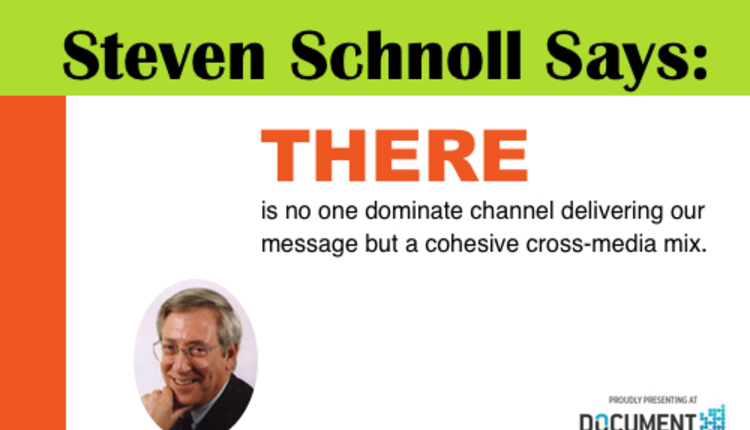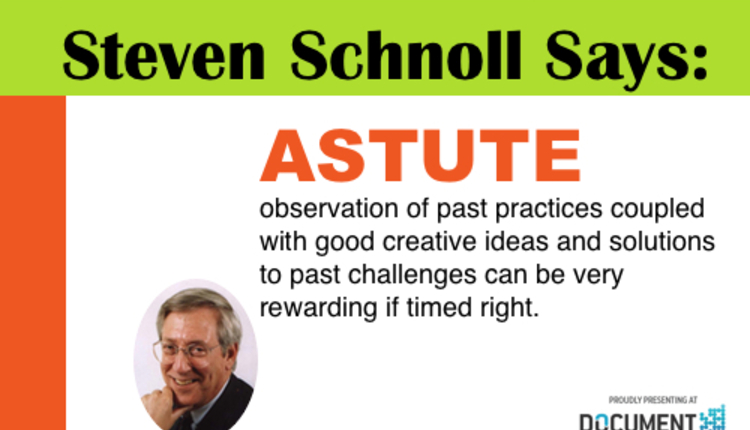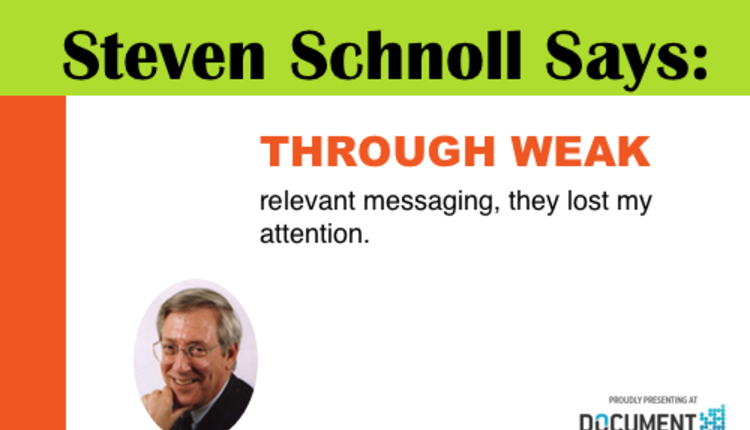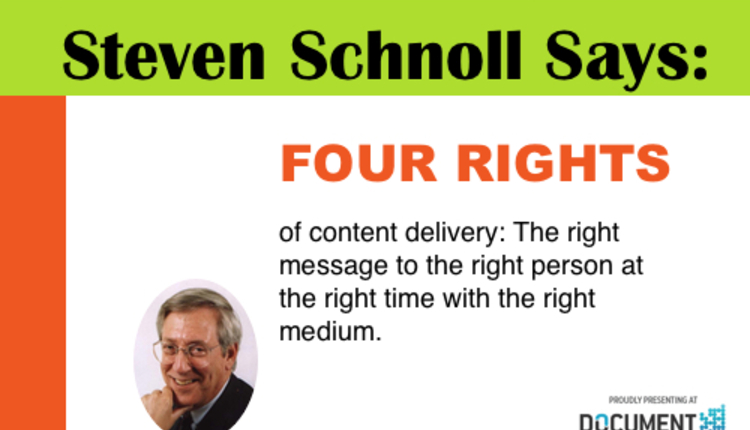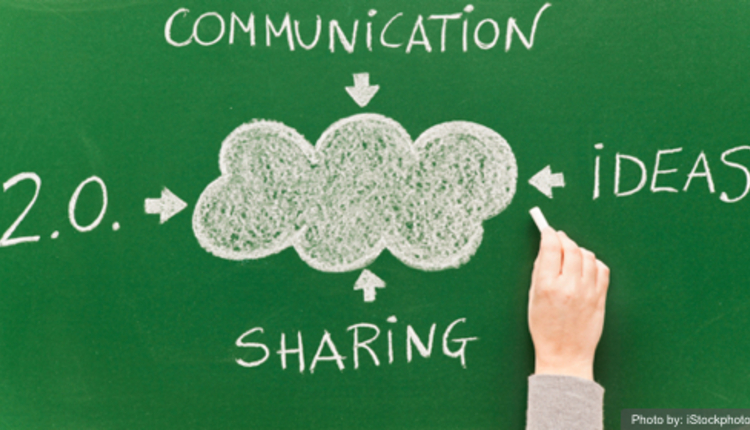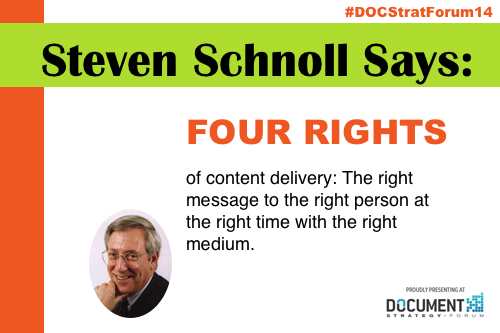
The third right in my mind is the most important: the Person—ME. Is there anyone more important?
Let’s take a very common situation: eating out. I frequent several restaurants in my area on a regular basis. We go to places with different types of cuisine. Based on particular taste interests that day, we choose one over the other. The food is good at each, but there is one that treats me with a very personal touch. They know who I am and give me special services and little extras. They may not have a database on who I am or what I eat. However, some of the regular wait staff know about my eating habits, like I don’t eat meat, and offer suggestions on what they think I may like off the specials or even some items not on the menu. So, let’s make this real clear. I walk into the restaurant and am warmly greeted, get a great table and have water and wine (my favorite: a Chilean Malbac) coming to me immediately. Are you picking up a pattern here? They make us happy, and therefore, when my wife and I are undecided as to where to go for dinner, they get more of my business then the others. Plus, when it comes to recommendations, they are number one in my opinion. What makes them great is what they know about me. How many other organizations do the same? I am afraid not many.
With Big and Little data, organizations are collecting huge amounts of personal data on people but not using it their advantage. I have done quite a bit of consulting in the non-profit space, and it is amazing how much data they have on donors. The problem is they are so stuck in the old ways to solicit donations that they are losing retention due to an aging donor population and not coming up with creative new ideas to reach the next generation of potential givers. They still think sending a nickel to a young professional, who has the ability to make a good donation, is going to work. If you know me, then show me some respect. Show me you care and be relevant with the message.
There is one note of caution. One must always be aware of pushing the knowledge you have on an individual too far. While we all like to be treated special, sometimes what we know about others may cross the line and be too intrusive. The mantra of using common sense is how any organization, large or small, must use personal information. A smart use of personal data may reap large rewards or a poor overuse could have a very negative impact.
So, what do we learn from this? Everyone likes to be treated special. So act wisely and see the results.
So, what do we learn from this? Everyone likes to be treated special. So act wisely and see the results.
Mr. Schnoll will be presenting on Tuesday, May 13, 2014 at the DOCUMENT Strategy Forum. Don't miss his Power Session P202/P203 “Building Your Converging Content Future Today: The Matrix of Processes, Technologies and Your Data Assets.” For more information on the DOCUMENT Strategy Forum, visit www.documentstrategyforum.com.





